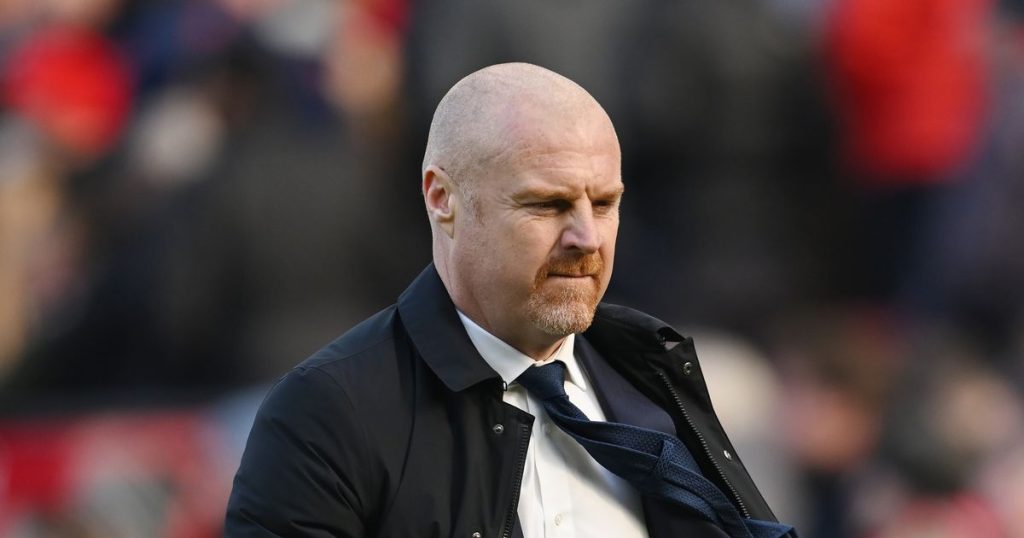Everton have reported a £89.1 million loss for the 2022/23 season, which is currently being scrutinized by the Premier League due to an alleged breach of profit and sustainability rules. This loss is almost double the deficit from the previous year and marks the sixth consecutive season of financial losses for the club. Everton has faced further financial challenges due to player trading, with a profit of £47.5 million offset by high player recruitment costs totaling £91.5 million. The club’s overall debt stands at £330.6 million, partly attributed to investment in the Bramley-Moore Dock project. Additionally, the loss of sponsorship revenue due to sanctions on a major sponsor has added to Everton’s financial woes.
The financial accounts released by Everton revealed payments of £7.1 million for sacking Frank Lampard and his staff in January 2023. Former directors Denise Barrett-Baxendale, Grant Ingles, and Graeme Sharp also received payments totaling £3.15 million upon their departures in June of the same year. The high cost of the new stadium project at Bramley-Moore Dock, which stood at £449 million by July 2023, has contributed to the club’s mounting debts. Everton’s borrowing has nearly doubled year-on-year, reaching £341 million. Furthermore, the loss of sponsorship money following the sanctions on a major sponsor has negatively impacted the club’s revenue from sponsorship, advertising, and merchandising, dropping by £15.8 million compared to the previous season.
The Premier League continues to investigate Everton’s financial affairs, with the club still awaiting a decision from an independent commission on the alleged breaches of profit and sustainability rules. The club had already been deducted six points for breaching these rules earlier in the season, and now face potential further sanctions. Everton’s accounts raise concerns about the club’s ability to continue as a going concern, with uncertainties about securing funding and achieving revenue targets. Despite making profits on player sales, the club’s significant spending on player acquisitions has strained its financial position, particularly as results on the field have been poor.
Everton’s financial challenges are compounded by their on-field struggles, with the team currently 16th in the Premier League and on a 12-match winless streak. The high cost of assembling the squad, which finished 17th in the previous season, raises questions about the return on investment in player recruitment. The club’s poor form and precarious financial position have raised concerns among fans and stakeholders about the future sustainability of the club. Everton’s ongoing issues with financial sustainability, combined with their on-field performance, paint a grim picture for the club’s immediate future and have called into question their long-term viability in the Premier League.
Despite efforts to mitigate their financial losses through player sales and cost-cutting measures, Everton’s latest financial accounts reveal a deteriorating financial position. The club’s heavy debt burden and ongoing investigation into potential breaches of profit and sustainability rules cast a shadow over their future prospects. Everton’s inability to achieve consistent success on the field, coupled with significant financial losses, present a challenging scenario that requires urgent action to secure the club’s future stability. The club’s management faces the daunting task of navigating both financial and sporting challenges to safeguard Everton’s position in the competitive landscape of English football.


